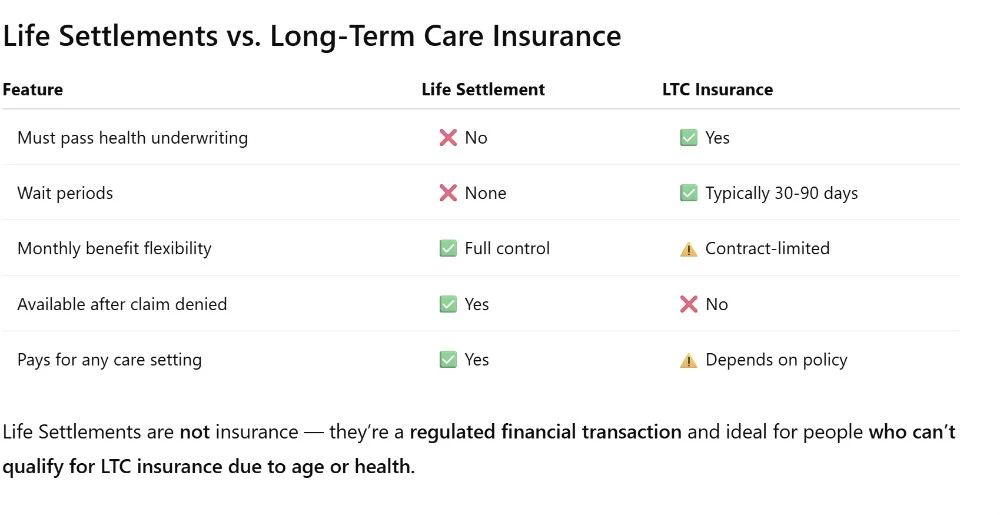Fiduciary Duty
Fiduciary Duty refers to a legal and ethical obligation of one party to act in the best interest of another. This duty arises in relationships where trust and confidence are placed in one person by another—such as between a financial advisor and a client, a trustee and a beneficiary, or a corporate board and its shareholders.



